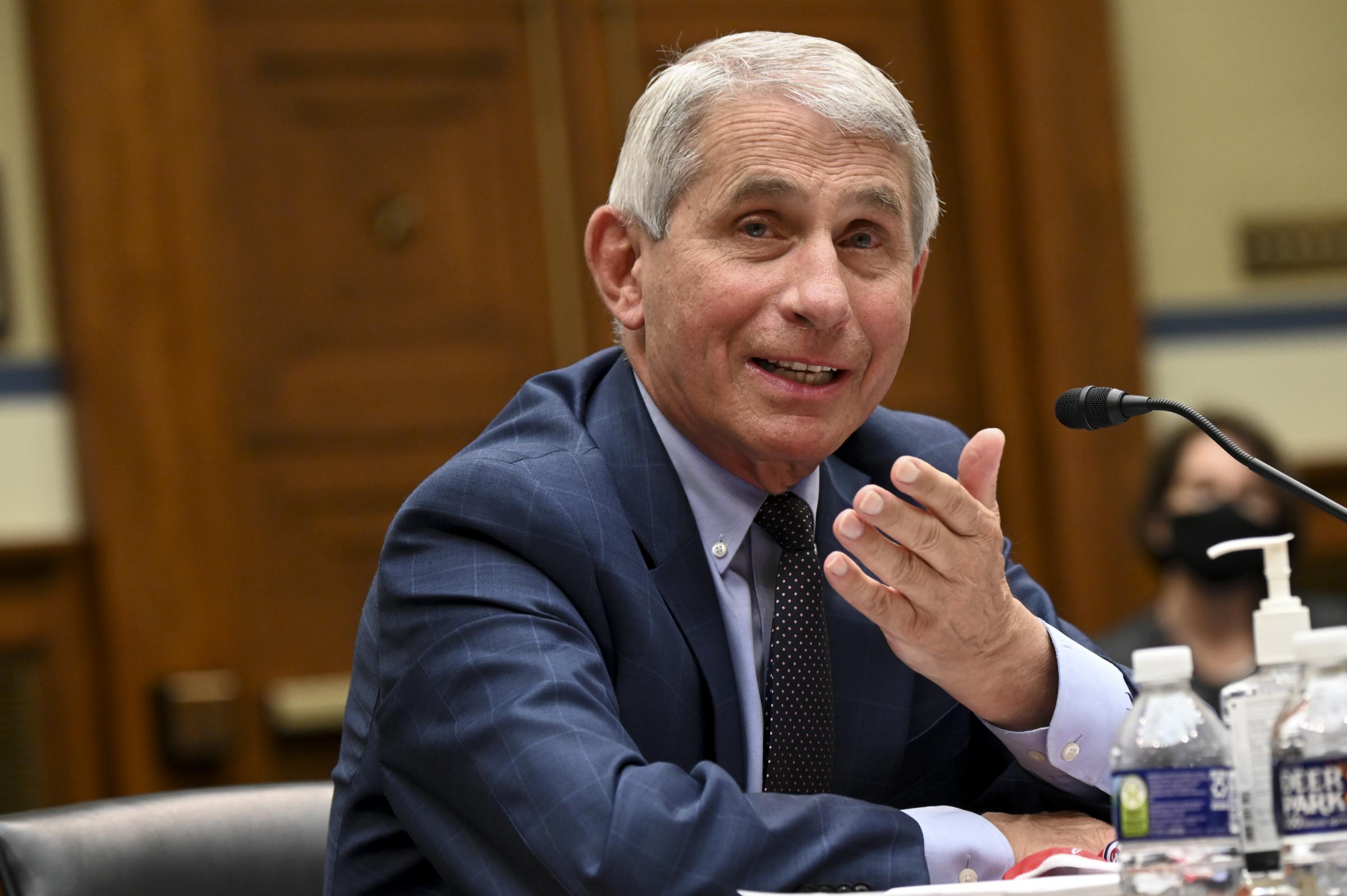
- Details
- By Native News Online Staff
WASHINGTON — The National Congress of American Indians (NCAI) announced Dr. Anthony Fauci, director of the National Institute of Allergy and Infectious Diseases, will address the organization’s 2021 Executive Council Winter Session on Tuesday morning, Feb. 21.
Due to the Covid-19 pandemic, the winter session is being held virtually from Washington, D.C.
Dr. Fauci is one of America’s most trusted and accomplished scientific voices, a world-renowned physician-scientist who has served as Director of NIAID since 1984. He has advised seven presidents on HIV/AIDS and many other domestic and global health issues. He was one of the principal architects of the President’s Emergency Plan for AIDS Relief (PEPFAR), a program that has saved millions of lives throughout the developing world.
As part of the new administration, he now also serves as Chief Medical Adviser on COVID-19 to President Biden.
Also addressing the winter session will be Senate Majority Leader Charles E. Schumer (NY), Sen. Brian Schatz (HI), chairman, Senate Committee on Indian Affairs and Sen. Lisa Murkowski (AK), Vice-Chair, Senate Committee on Indian Affairs.
Founded in 1994, the National Congress of American Indians is the largest and most representative American Indian and Alaska Native organization serving the broad interests of tribal governments and communities.
More Stories Like This
Native News Weekly (August 25, 2024): D.C. BriefsUS Presidents in Their Own Words Concerning American Indians
Monday Morning (December 8, 2025): Articles You May Have Missed This Past Weekend
Native News Weekly (December 7, 2025): D.C. Briefs
Breaking: Final Defense Legislation Grants Federal Recognition to Lumbee Tribe
Help us defend tribal sovereignty.
At Native News Online, our mission is rooted in telling the stories that strengthen sovereignty and uplift Indigenous voices — not just at year’s end, but every single day.
Because of your generosity last year, we were able to keep our reporters on the ground in tribal communities, at national gatherings and in the halls of Congress — covering the issues that matter most to Indian Country: sovereignty, culture, education, health and economic opportunity.
That support sustained us through a tough year in 2025. Now, as we look to the year ahead, we need your help right now to ensure warrior journalism remains strong — reporting that defends tribal sovereignty, amplifies Native truth, and holds power accountable.
 The stakes couldn't be higher. Your support keeps Native voices heard, Native stories told and Native sovereignty defended.
The stakes couldn't be higher. Your support keeps Native voices heard, Native stories told and Native sovereignty defended.
Stand with Warrior Journalism today.
Levi Rickert (Potawatomi), Editor & Publisher

